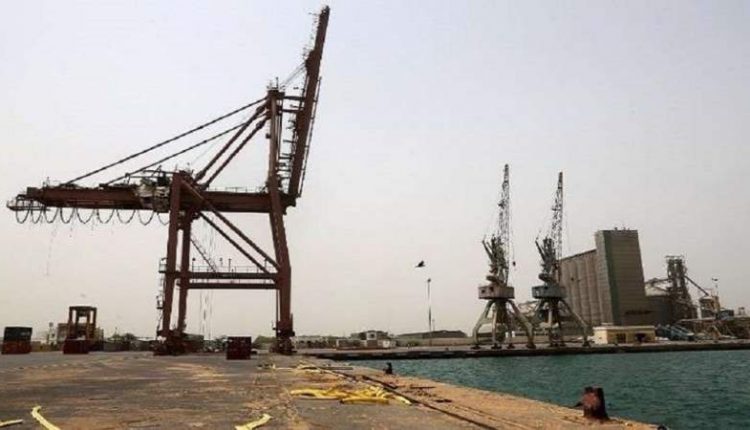On 4th Day of Truce, Reluctance to Enter Fuel Ships Undermines Its Economic Impact
Despite entering the fourth day, the slowdown dominates the progress of the truce announced by the UN envoy to Yemen, Hans Gudenberg, last week. Its terms, especially the humanitarian ones, are still stuck until now.
Sana’a Airport has not yet witnessed any flight, while allowing fuel ships was limited to the entry of one ship loaded with gasoline to the port of Hodeidah. Another ship loaded with diesel is waiting outside the port. This means that the truce is close to completing its first week without Yemenis touching any result.
The spokesman for the Yemen Petroleum Company in Sana’a, Issam Al-Mutawakel, confirmed in a statement that the coalition, “since the announcement of the truce until now, has only allowed the gasoline ship Caesar to enter the port of Hodeidah, while it is still holding two petrol ships.”
Citizens desperately need fuel, after months of preventing its entry, and the resulting shortage that caused a crisis, the first of its kind, in which its prices rose to record levels.
Al-Mutawakil added that the Saudi-led aggression’s continued detention of the rest of the ships, which were supposed to be launched at once immediately after the truce was declared, reveals bad intentions on the part of the coalition. There is no justification for continuing the detention of ships, as long as the truce stipulated the entry of 18 fuel ships during the two months, which is an average of nine ships per month. He noted that the company cannot bring in other ships, while the coalition is still holding its previous ships. If any ship is brought in, it may be intercepted by the coalition, according to what Al-Mutawakil called the “policy of distillation.” In reference to the aggression’s lack of commitment to release the detained ships at once immediately after the truce was declared.
Al-Mutawakel called on the United Nations to play its role in putting pressure on the Saudi-led aggression to implement the truce term regarding the entry of fuel ships.
Every day the coalition continues to detain any ship, it adds fines that accumulate on the arrival cost of the shipment it is carrying, constituting a new increase in the price that the citizen will bear. In this regard, Al-Mutawakil said: “If the ships’ arrival at the port is stopped, the delay fines will be canceled, and thus the price of fuel sales in the areas of Sana’a authority will drop significantly.”
“When the ships that follow the four detained ships arrive, and if the coalition adheres to what it pledged in accordance with the truce not to obstruct them, the price of fuel in the liberated areas will be much lower than it is in the occupied areas, and the lowest at the level of the republic, and it will be subject to the price of the international stock exchange.”
Economists stress that the expected impact of the truce, with regard to the entry of fuel supplies, will diminish if the restrictions on the ships are not completely lifted, especially as they are inspected by the United Nations Inspection and Verification Mission in Djibouti, and they obtained entry permits. They noted that any interception of these ships or taking them to any destination other than the port of Hodeidah, would constitute a breach of the truce, and would deprive the Yemenis of any impact on them on the economic and humanitarian levels.
Source: Yemen Echo (translated by Almasirah Net English)

